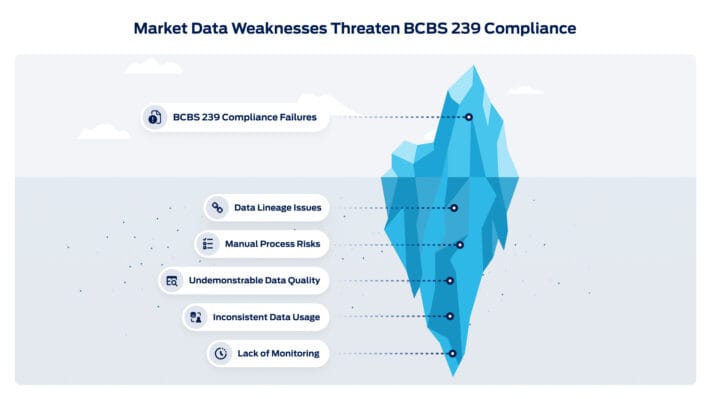Beyond the Surface: Elevating ESG Data Integrity with BIQH

In an era where sustainable investing and corporate social responsibility have surged to the forefront, the quality of ESG (Environmental, Social, and Governance) data has never been more critical. Imagine sifting through a gold mine, and what you thought was gold turned out to be fool’s gold. That’s the grim reality many face when they rely on subpar ESG data quality. But what exactly does this mean for investors and companies, and how do we ensure the data we use is of the highest caliber?
What are the consequences of poor ESG data quality for investors and companies?
For investors, poor ESG data quality can lead to misguided decisions, misallocation of resources, and ultimately, diminished returns. An investment strategy built on inaccurate or incomplete ESG data might miss out on lucrative opportunities or, worse, channel funds into potentially risky ventures. Companies, on the other hand, risk reputational damage, regulatory sanctions, and increased cost of capital when their ESG data is not up to the mark. In a world that values transparency and accountability, presenting erroneous ESG data can lead to a breakdown of stakeholder trust.
What are the key metrics for assessing ESG data quality?
Building a robust ESG data quality framework is essential. Some key metrics to consider are:
- Completeness: Are there any gaps in the data? Are all relevant ESG factors considered?
- Timeliness: How often is the data updated? Is it reflective of the current scenario?
- Consistency: Is the data gathered and presented using uniform standards and methodologies across periods and sources?
- Accuracy: How reliable is the data? Are there any discrepancies or anomalies?
What are the challenges in ensuring ESG data accuracy?
Ensuring impeccable ESG data reliability isn’t a walk in the park. Companies often grapple with:
- Diverse Reporting Standards: With no universally accepted standard for ESG reporting, data can vary significantly across sources.
- Subjectivity in Data: Some ESG metrics, especially in the social domain, can be subjective and open to interpretation.
- Lack of Centralized Data Management: Without effective ESG data management, collecting, verifying, and analyzing data can become chaotic and error-prone.
- Rapidly Evolving Landscape: The ever-changing nature of ESG factors means constant vigilance is required to keep data up-to-date.
How can I evaluate the reliability of ESG data sources?
To ensure your ESG data is both accurate and actionable, consider:
- Source Reputation: Does the source have a track record of providing reliable data?
- Methodology Transparency: Does the source clearly outline how the data is gathered, processed, and verified?
- External Audits: Has the data undergone third-party verification or audits?
- Feedback Mechanism: Is there a system in place to report and correct inaccuracies?
As ESG continues to shape the investment landscape, ensuring impeccable data quality is not just an added advantage—it’s a necessity. At BIQH, we understand the intricacies of ESG data and are committed to helping you navigate its complexities.
Ready to elevate your ESG data game? Don’t compromise on quality. Reach out to BIQH today and let’s set the gold standard in ESG data quality together.


